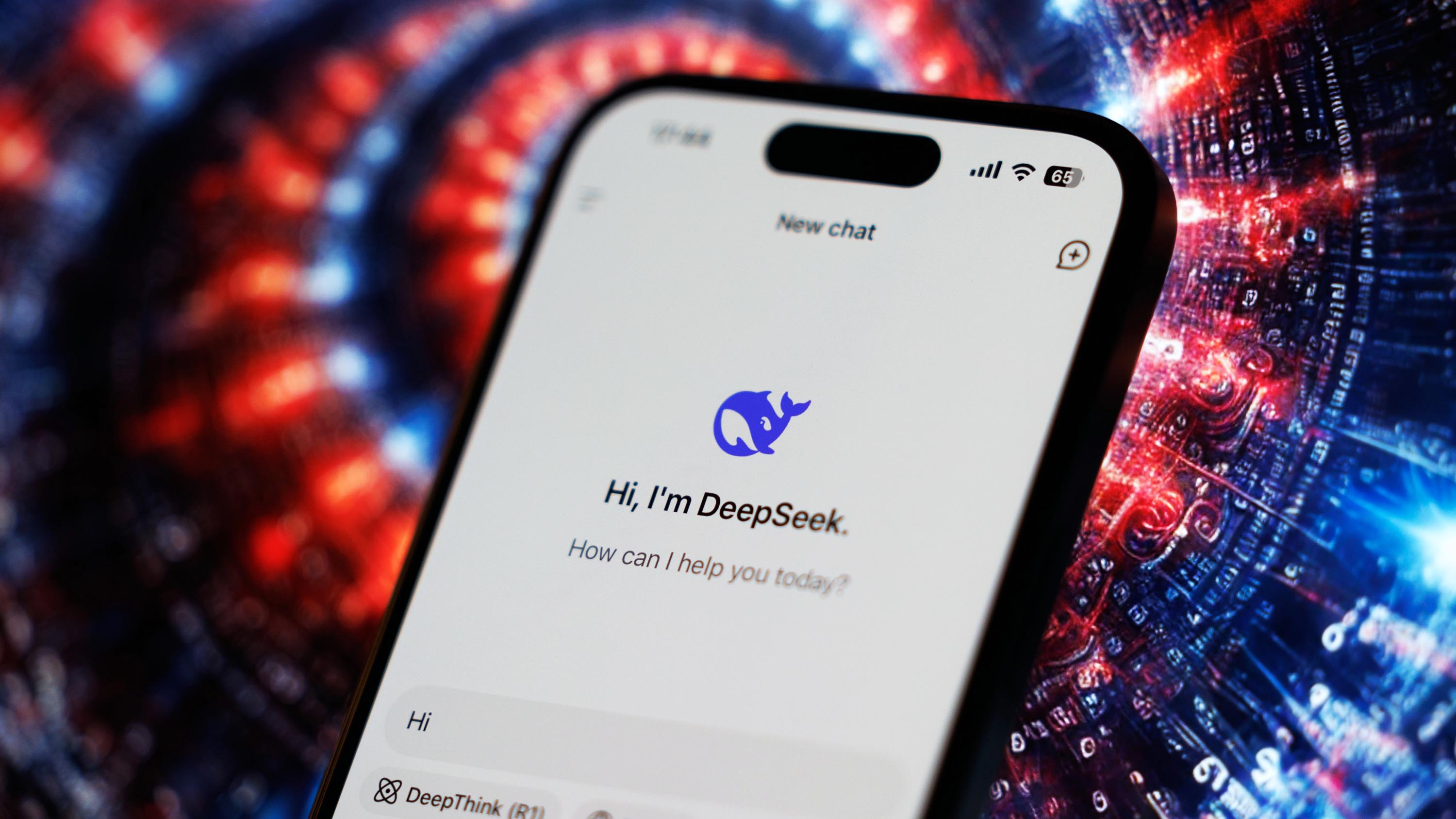
Following the buzz and hype building around DeepSeek and the success of its open-source R1 AI model, surpassing OpenAI o1's reasoning capabilities across math, science, and coding, it quickly became the most downloaded free app in the US —dethroning ChatGPT. Microsoft, Meta, and NVIDIA's stock prices have greatly plummeted due to the hype around DeepSeek.
While Meta's lead AI scientist, Yann LeCun, claims DeepSeek's breakthrough in the AI landscape is closely tied to the open-source nature of its flagship model, critical security concerns are emerging. DeepSeek recently announced that it has temporarily capped user registrations due to "large-scale malicious attacks” on its services. However, existing users can continue to leverage the tool's capabilities without interruptions.
Key industry players have touted DeepSeek's AI milestone of outperforming proprietary AI models. However, critics have seemingly dwindled the feat, citing the software's open-source code, which can be accessed and modified by anyone for free. For context, the AI app is powered by DeepSeek's open-source V3 model.
The model was reportedly trained for approximately $6 million, which stacks miles behind the wads of cash invested in flagship models amid scaling laws that have reportedly stunted the development of next-gen AI models due to a lack of high-quality content for training.
The hype around DeepSeek comes shortly after OpenAI and SoftBank launched their $500 billion Stargate Project to bolster the development of sophisticated infrastructure to facilitate AI advances across the United States. During the announcement, President Donald J. Trump described the project as the largest AI infrastructure project by far in history that would "keep the future of technology" in the US.
To this end, while DeepSeek seemingly keeps OpenAI's founding mission of developing AI systems that benefit all humanity for free, it opens a can of worms for the Chinese startup due to security and safety concerns prompted by the recent cyberattacks. Maybe OpenAI CEO Sam Altman was right about keeping advanced AI models closed-source as "an easier way to hit the safety threshold."







